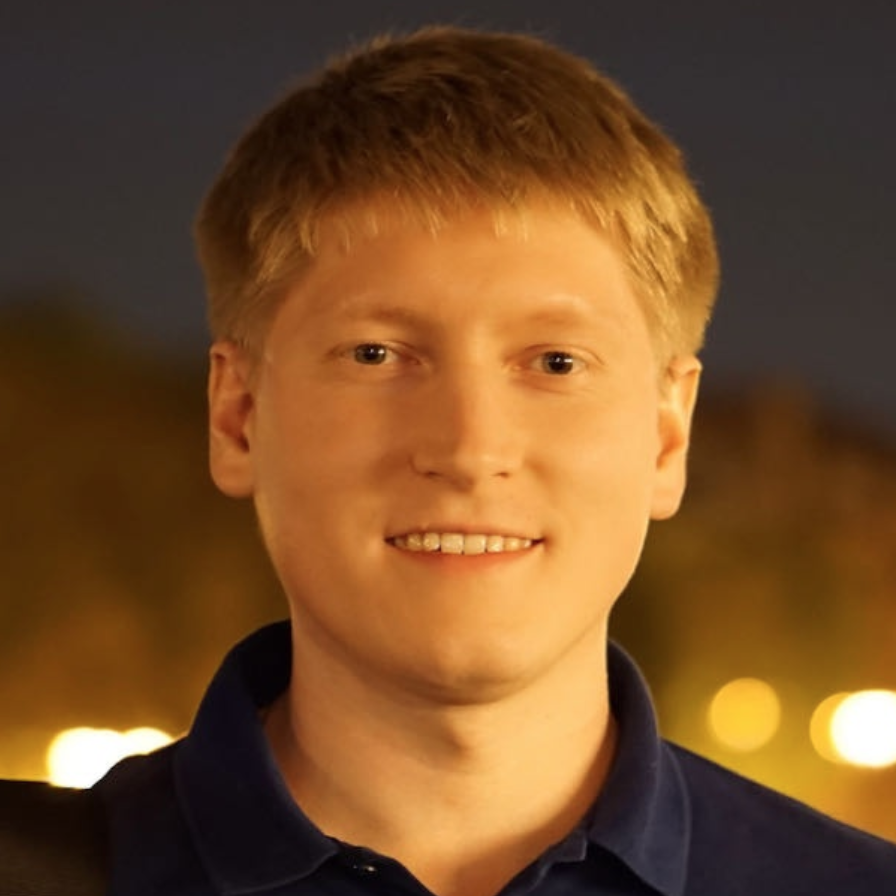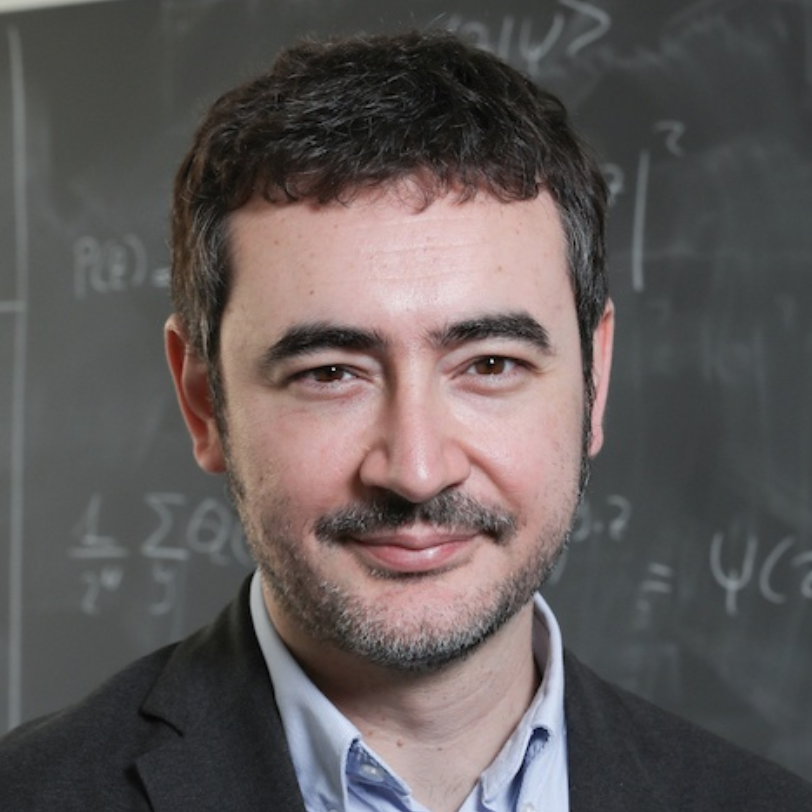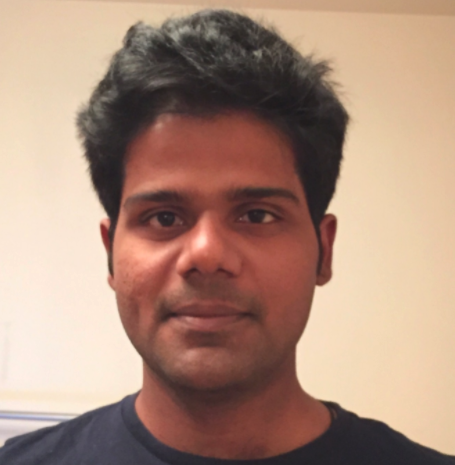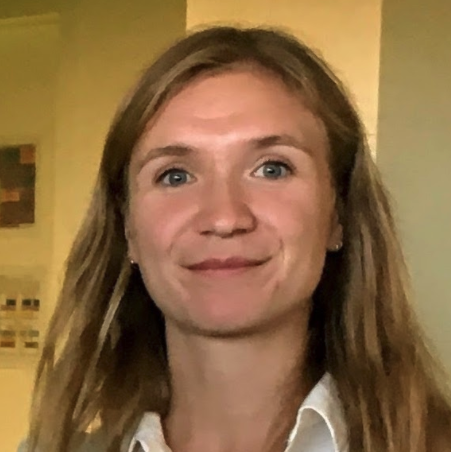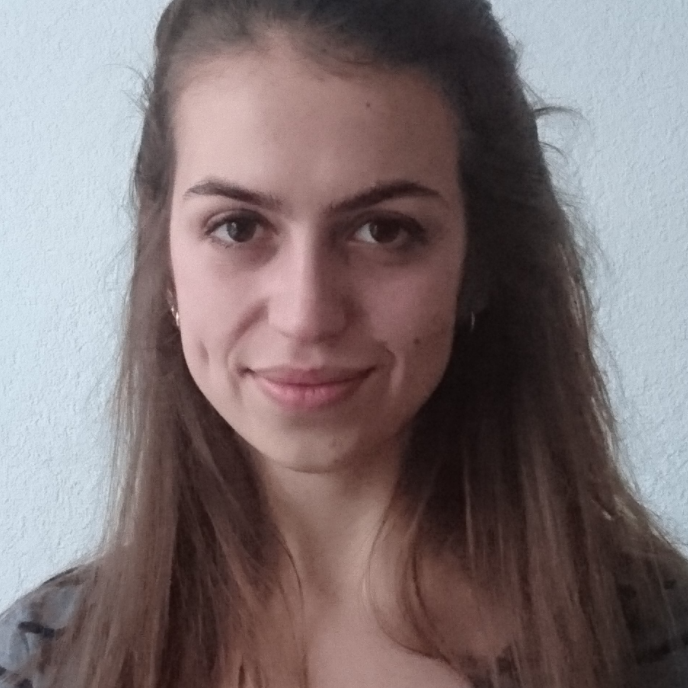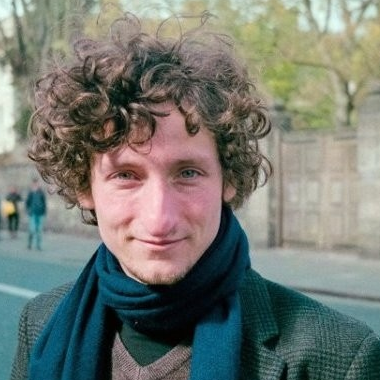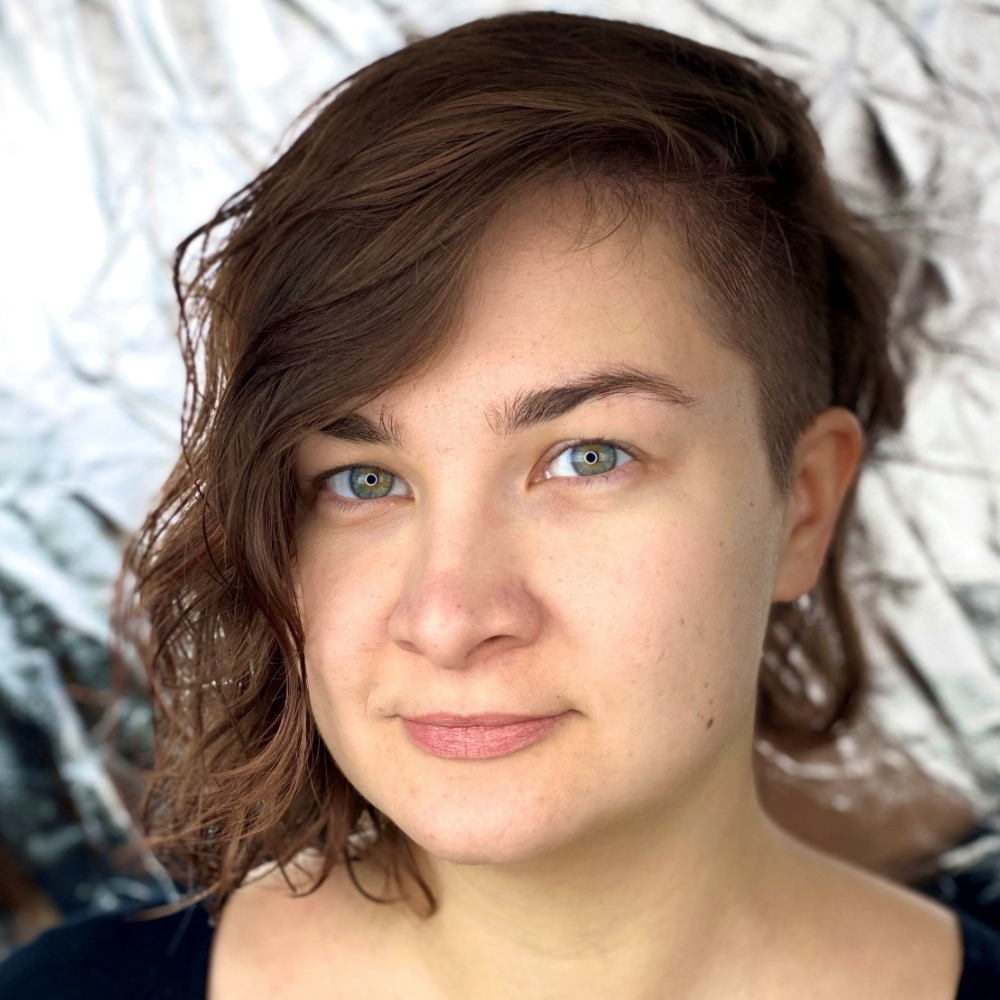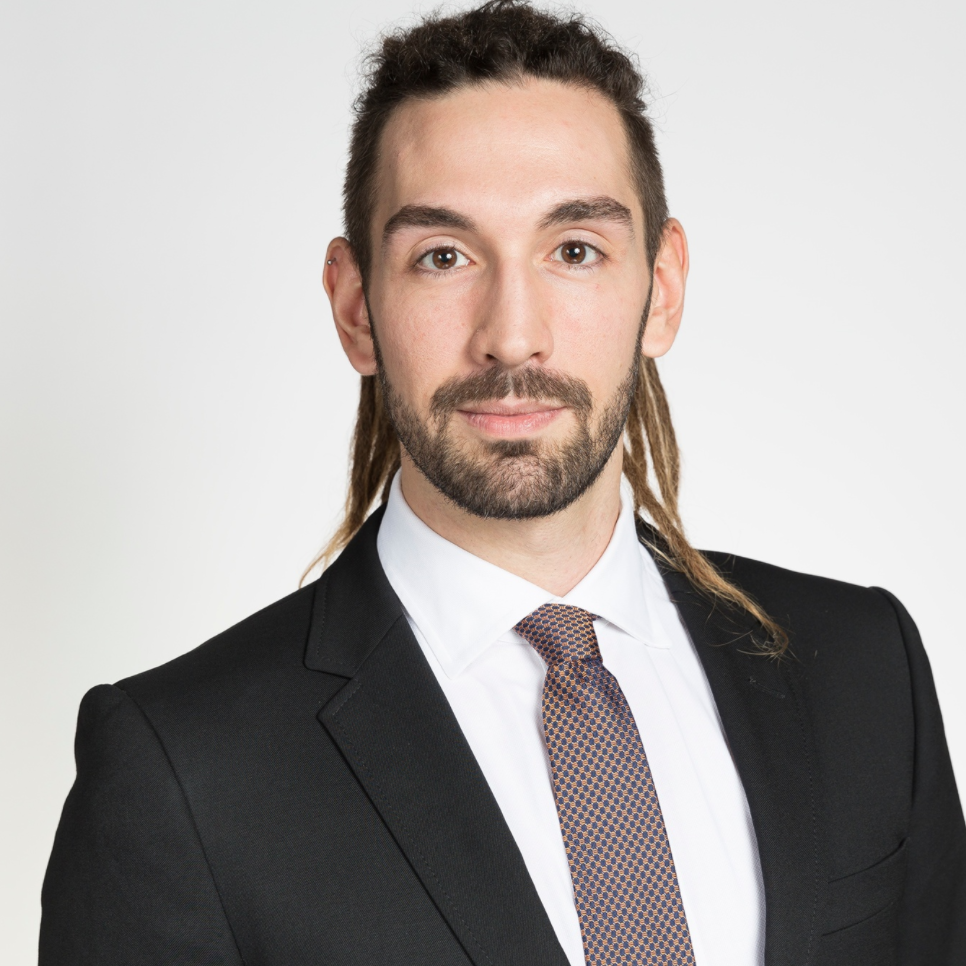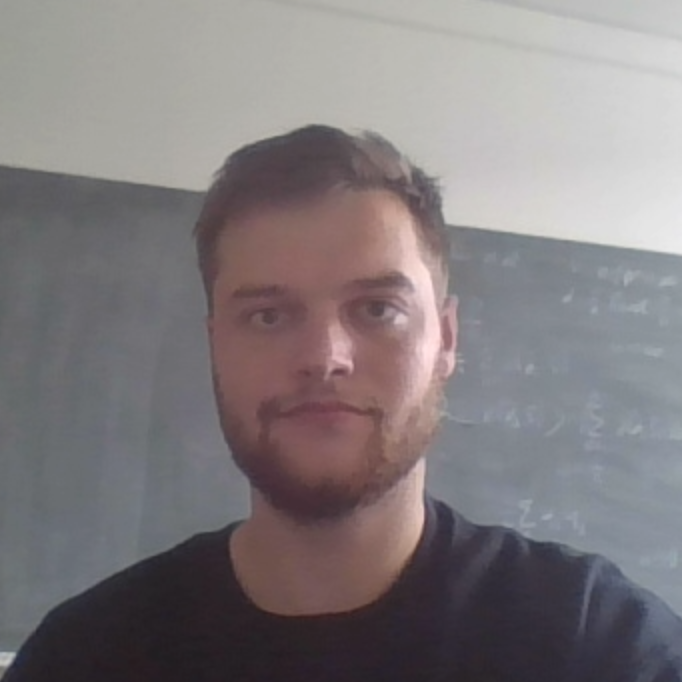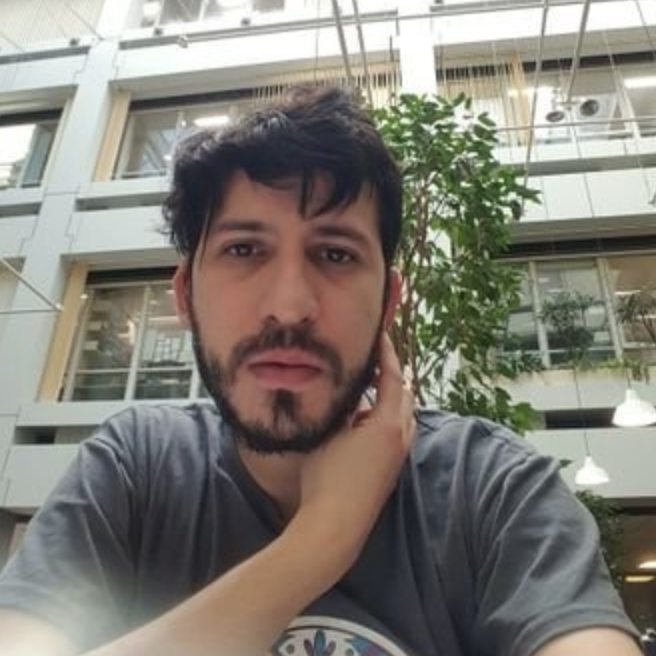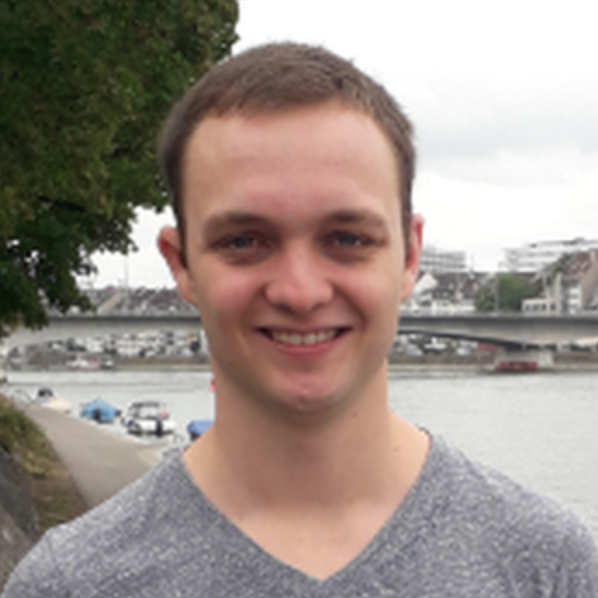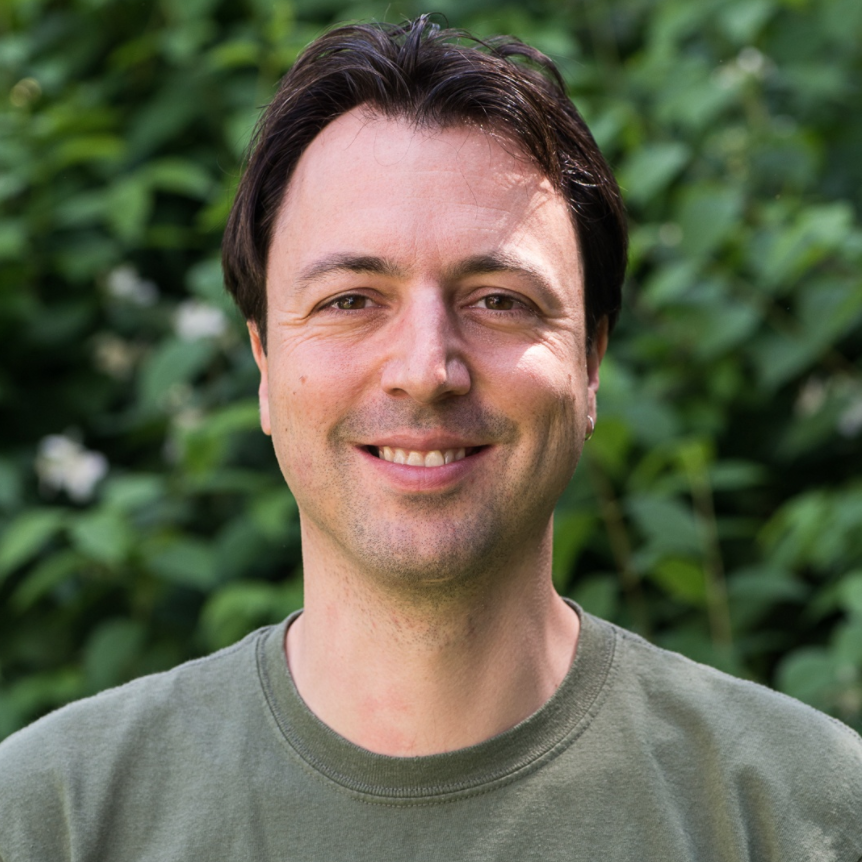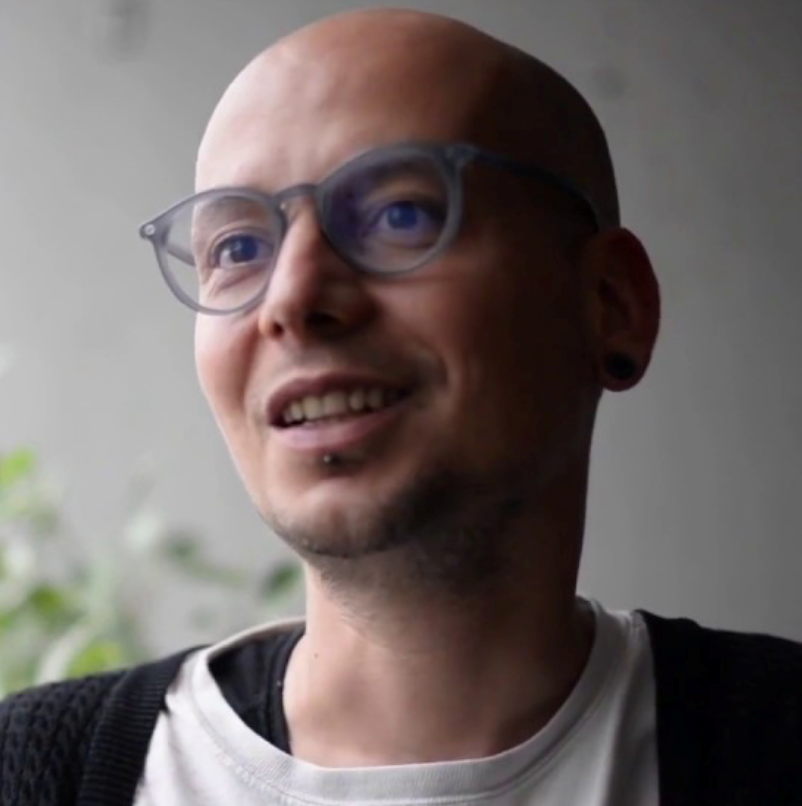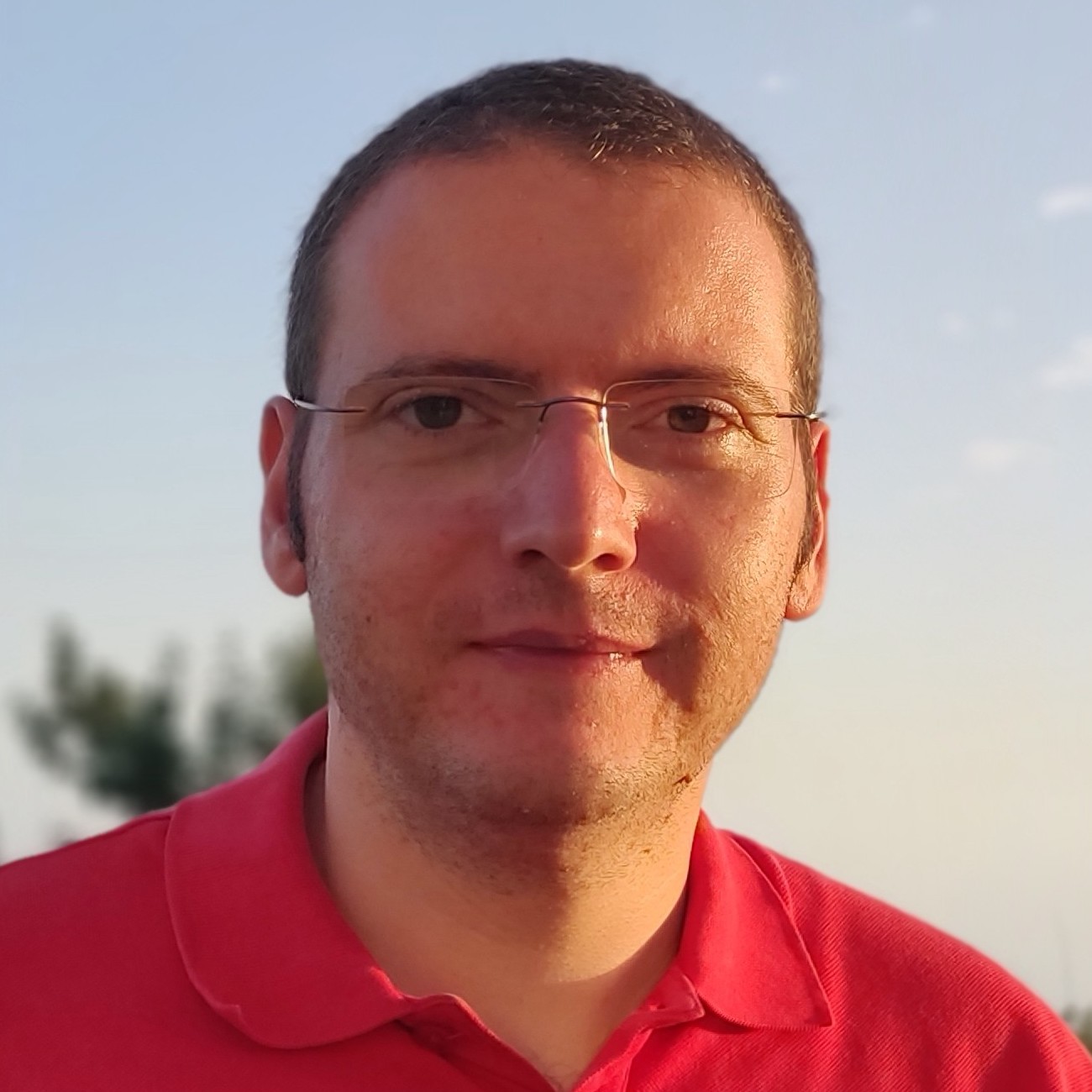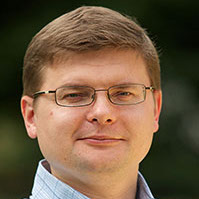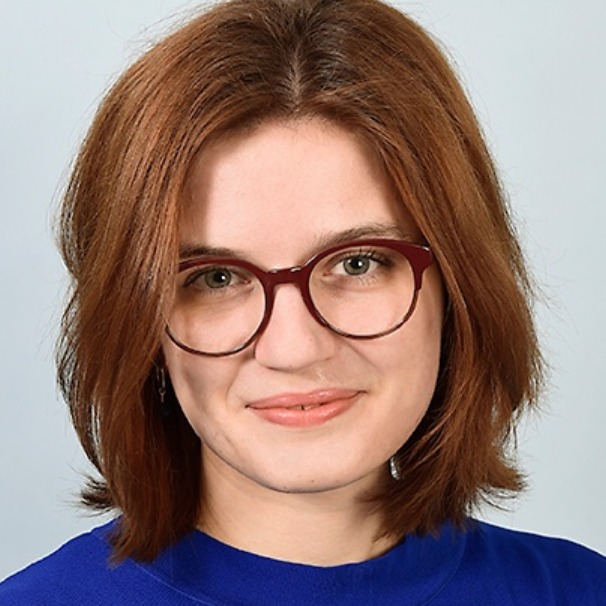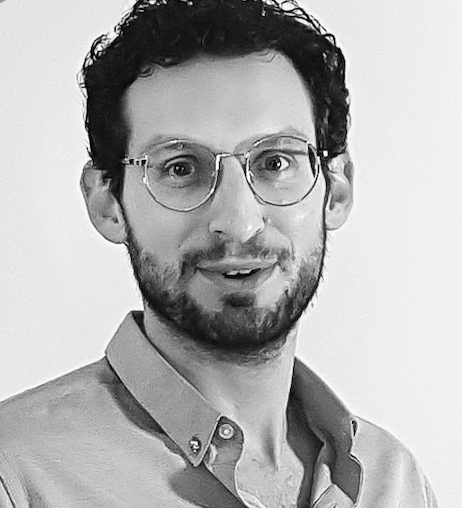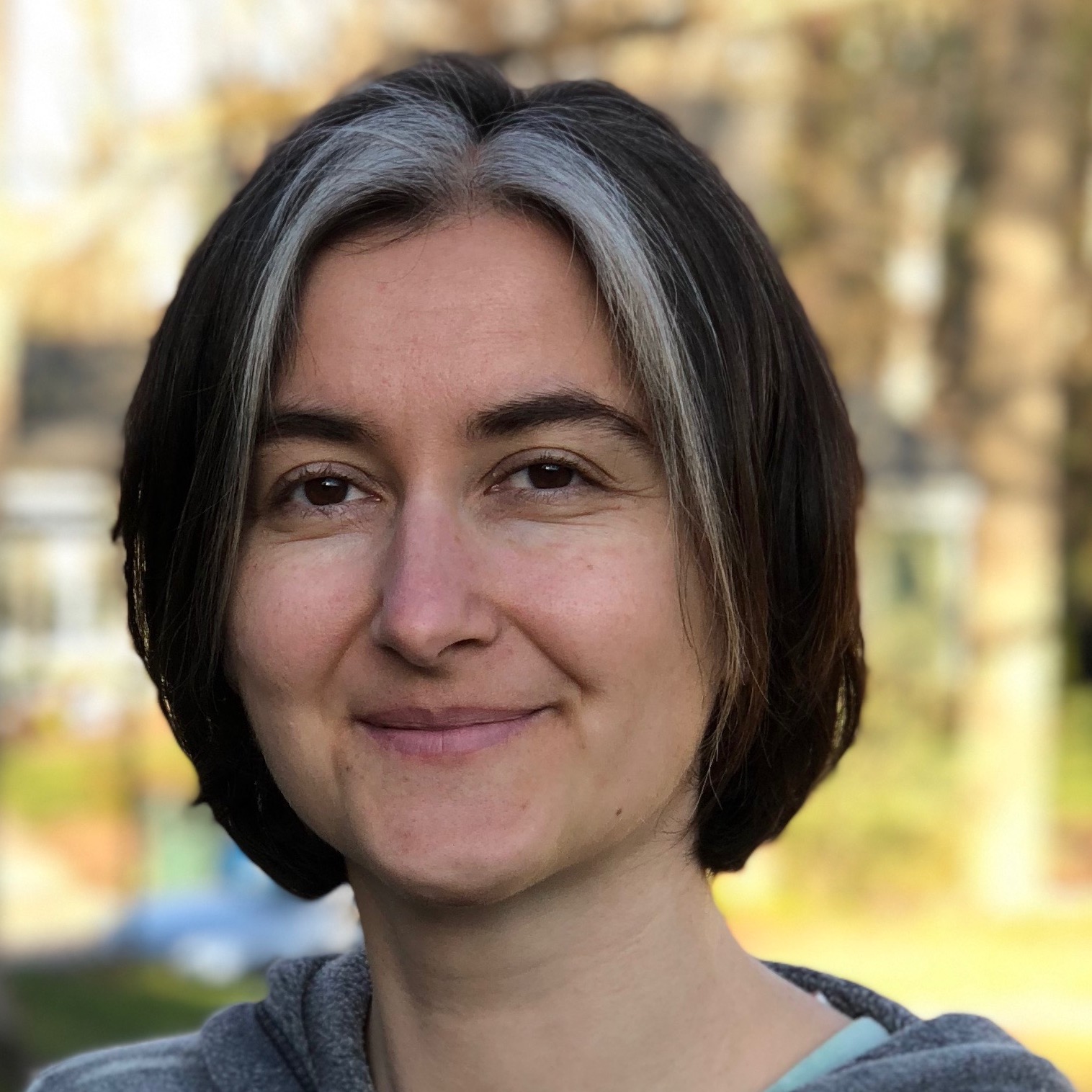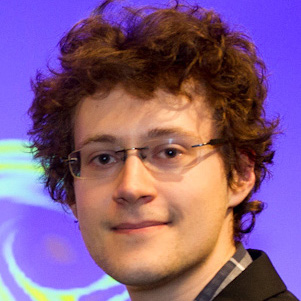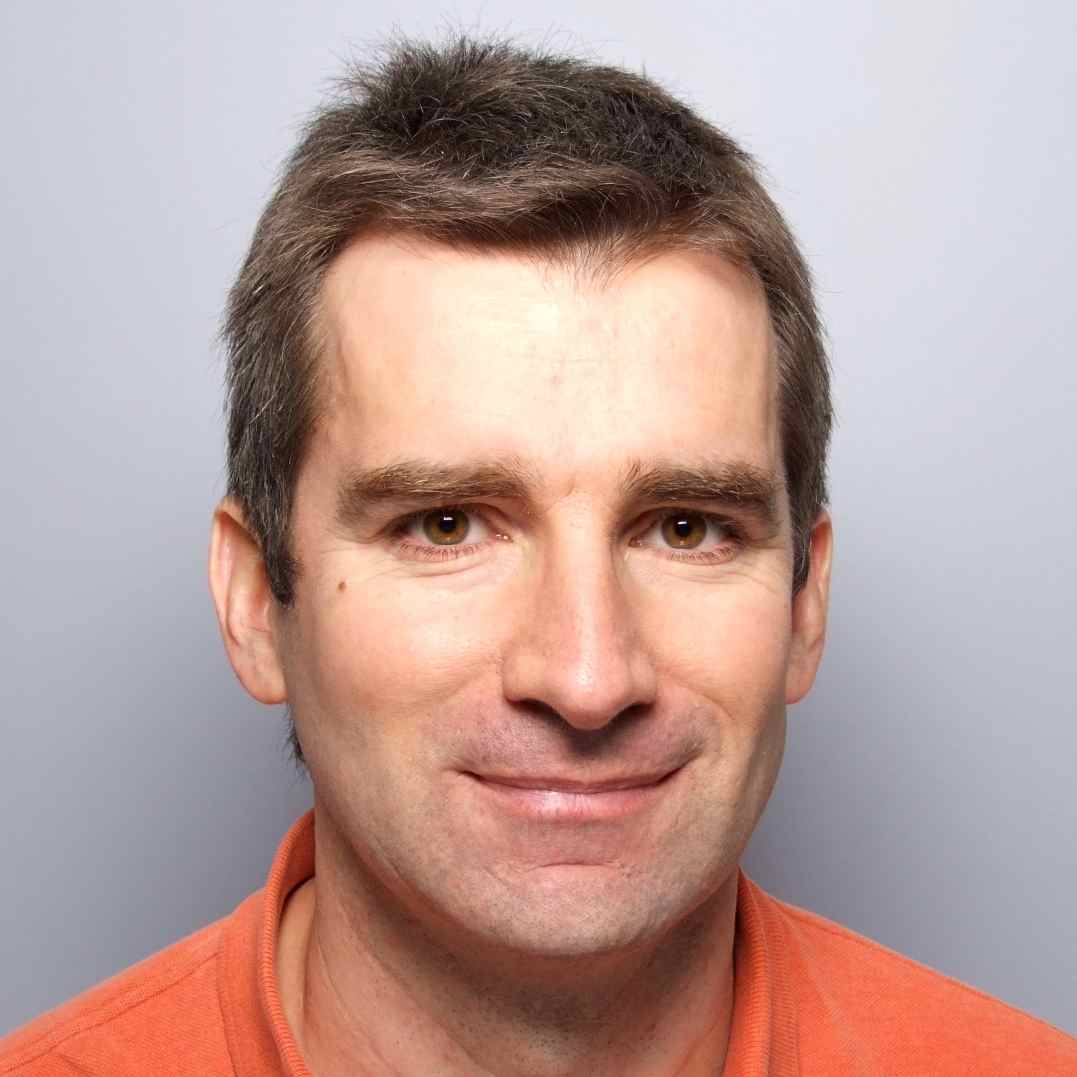Introduction
Opening remarks – ML for Quantum Physic
Machine Learning Simulation of Quantum Matter
With Giuseppe Carleo
Correlation-Enhanced Neural Networks as Interpretable Variational Quantum States
With Agnes Valenti
Control of Stochastic Quantum Dynamics by Differentiable Programming
With Frank Schäfer
Optimized Observable Readout from Single-Shot Images of Ultracold Atoms via Machine Learning
With Paolo Molignini
Machine learning designing quantum experiments
With Alexey Melnikov
Poster Session
Lunch break
Opening remarks – ML and Statistical Physics
Dynamics of learning in simple neural networks through the lens of statistical physics
With Andrew Saxe
Soft Mode in the Dynamics of Over-realizable On-line Learning for Soft Committee Machines
With Roman Worschech
Training is not a continuous search for a minimum
With Diego Tapias
Understanding classification problems using statistical physics: the role of data structure and losses
With Marylou Gabrié
Towards realistic data models for simple Machine Learning problems
With Bruno Loureiro
Coffee break
Opening remarks – Inference and Anomaly Detection Session
Unsupervised anomaly detection as a new strategy for discoveries
With Gregor Kasieczka
Uncertainty Aware Learning for High Energy Physics
With Aishik Ghosh
Let's open the black box! Hessian-based toolbox for interpretable and reliable machines learning physics
With Anna Dawid
Uncertainty and Out-of-distribution Robustness in Deep Learning
With Balaji Lakshminarayanan
